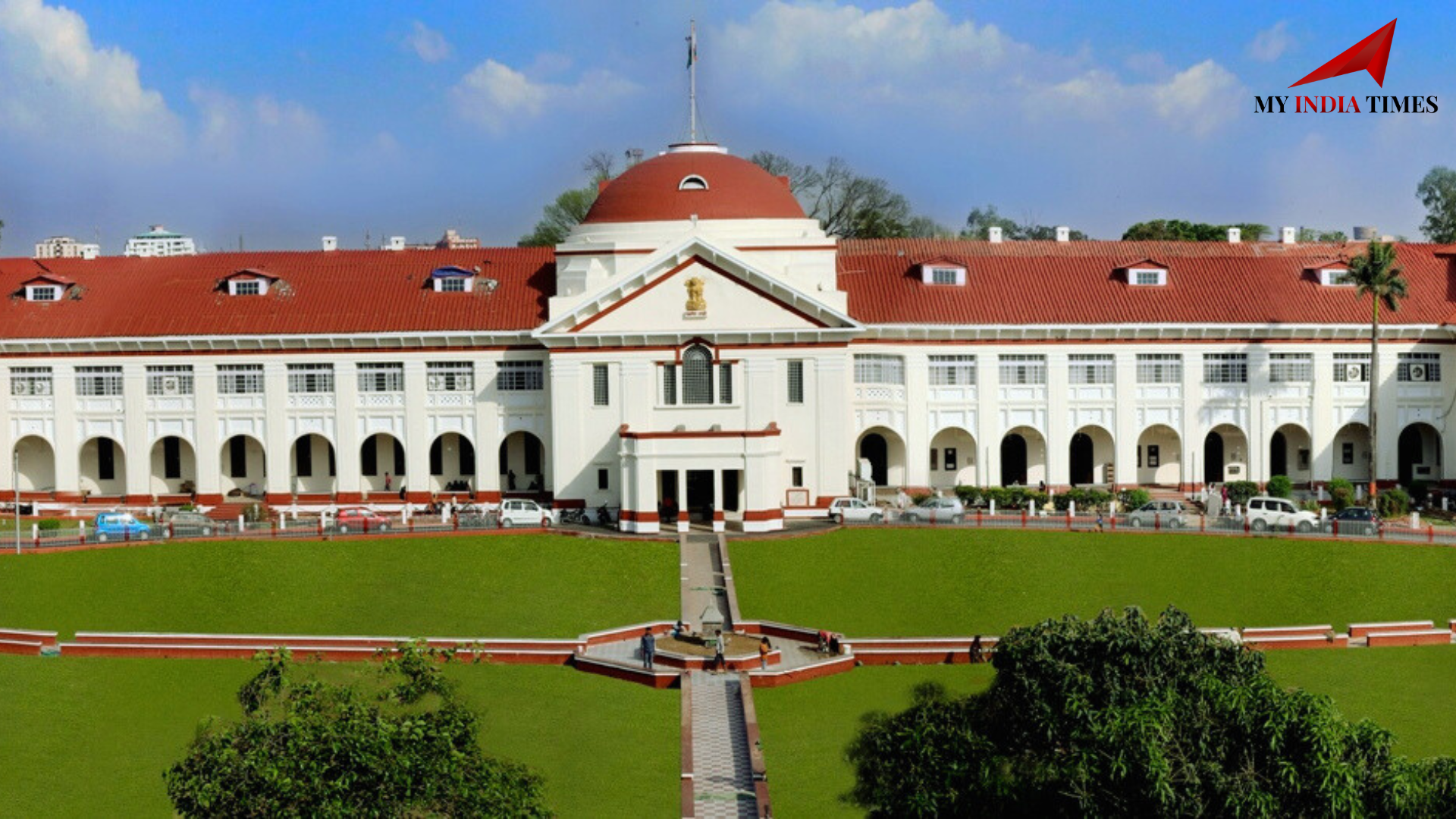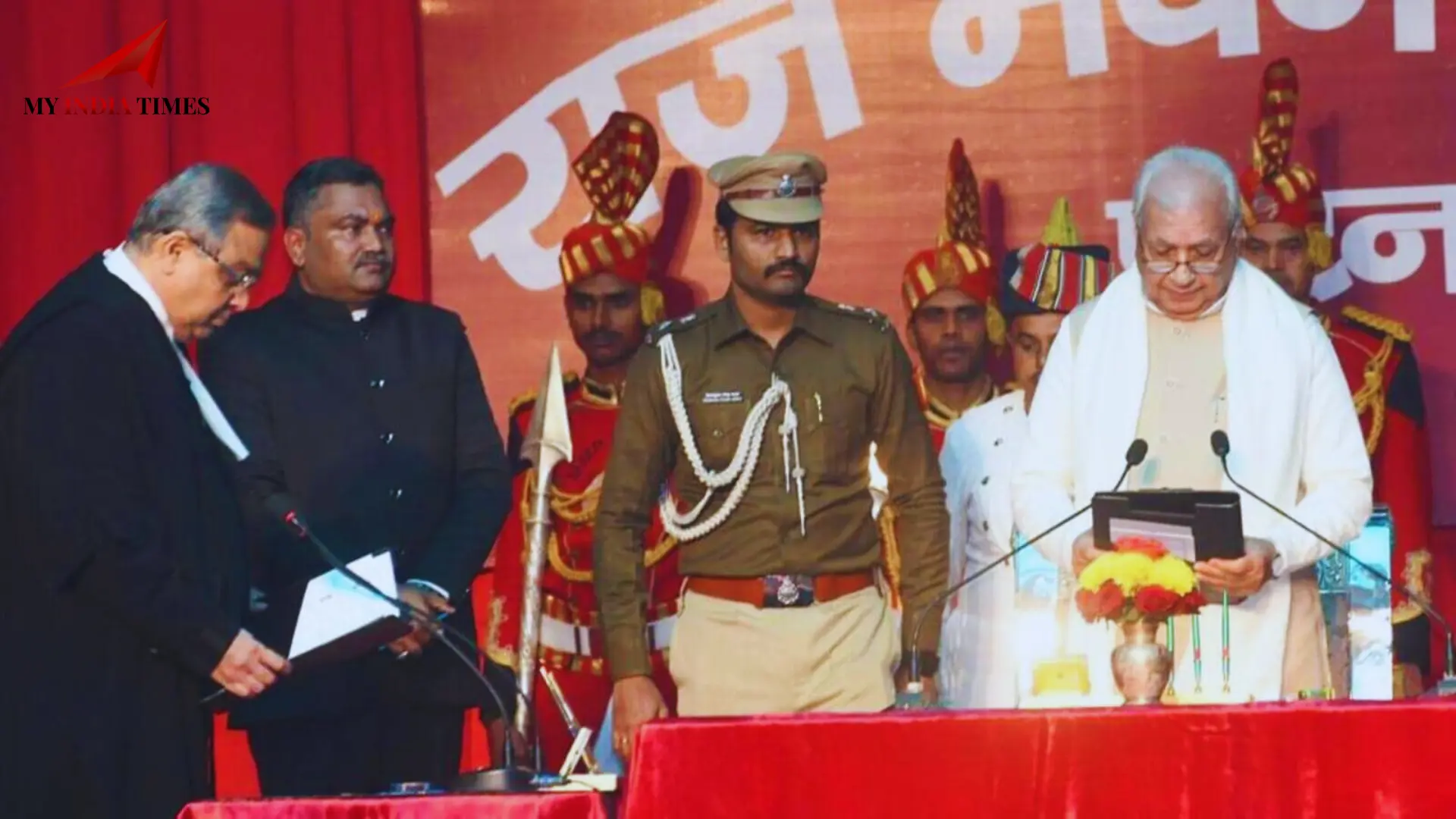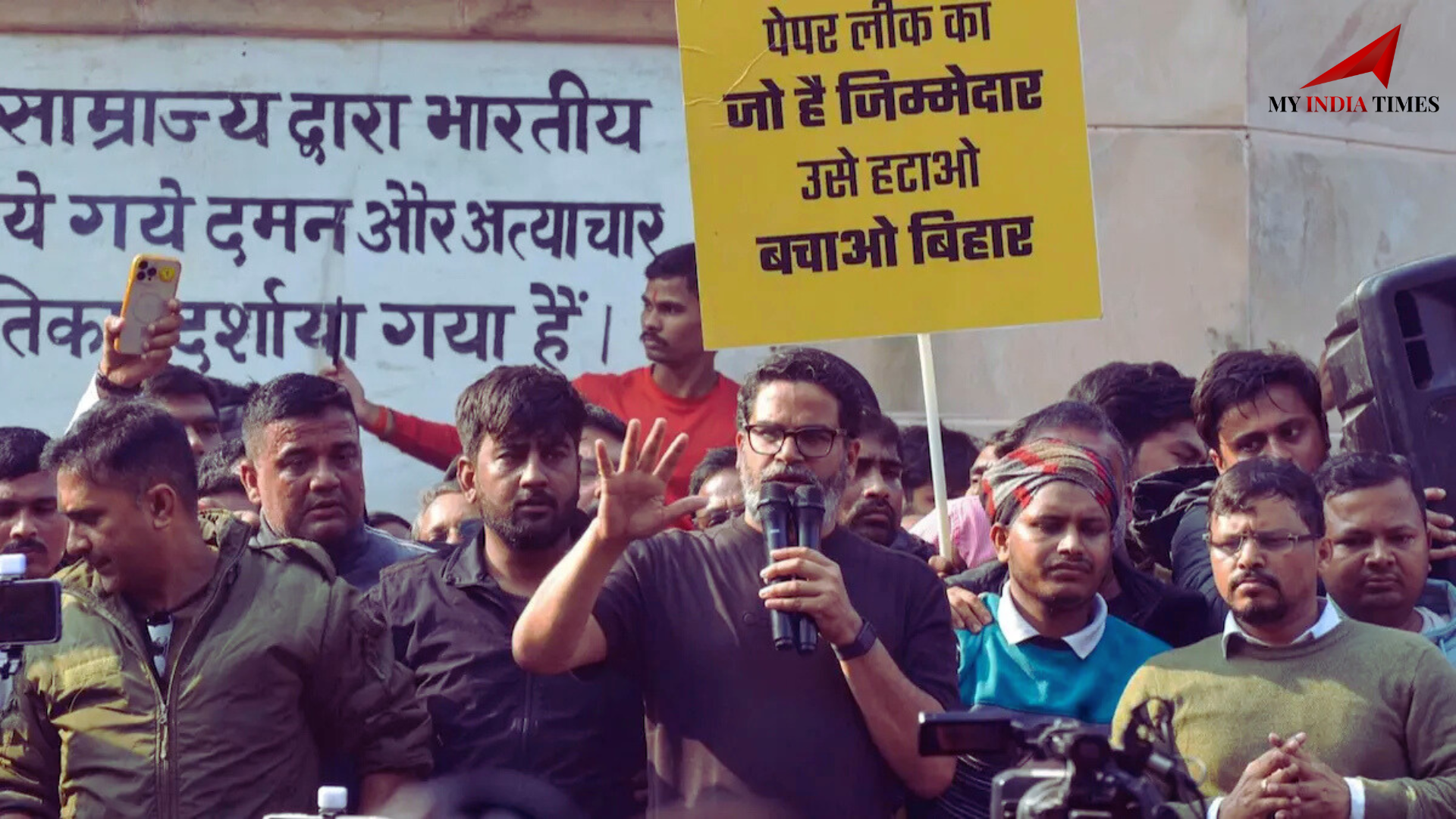Home / patna / The Patna High Court upholds the Bihar Sanskrit Education Board Amendment Act's constitutional validity.
The Patna High Court upholds the Bihar Sanskrit Education Board Amendment Act's constitutional validity.
By: My India Times
2 minutes read 28Updated At: 2024-12-18

The Patna High Court recently dismissed a petition contesting the new law and upheld the Bihar Sanskrit Education Board (Amendment) Act, 2024's constitutionality. The petitioners, consisting of the Chairman and members of the existing Sanskrit Education Board established under the Bihar Sanskrit Education Board Act, 1981, claimed the amendment was unjust and politically motivated.
Claims Made by the Petitioners
The petitioners raised several arguments to challenge the amendment:
Allegations of Arbitrariness: They argued that dissolving the existing board and appointing an administrator were arbitrary decisions lacking fairness.
Violation of Rights: They contended that the amendment infringed upon their right to continue serving as board members.
Unconstitutionality: The petitioners questioned the authority of the Bihar State Legislature to enact the amendment.
Court’s Reasoning Behind the Dismissal
No Vested Right to Board Membership
The Division Bench, comprising Chief Justice K Vinod Chandran and Justice Partha Sarthy, determined that the petitioners had no vested right to their positions. According to the court, the purpose of the statute was not to guarantee anyone's permanent membership.
Modernization and Enhancement of Governance
The court underlined that the amendment sought to update and modernize the board's composition and operations. It was believed that the adjustments were required to conform to the policies and demands of modern education.
Legislative Authority Confirmed
The court reaffirmed that the Bihar State Legislature had the authority to pass the amendment. There was no good reason to doubt the legislature's authority.
Key Focus of Section 5(3)
A crucial provision in the amendment, Section 5(3), grants the state government the power to dissolve the board in the interest of the public. The court maintained this clause, arguing that by guaranteeing the board's effective operation, it served the general public interest.
Conformity to the National Policy for Education
The National Education Policy (NEP) 2020, which advocates for changes and quality enhancements in educational systems, is supported by the amendment, the court noted.
Temporary Nature of Administrator Appointment
The court clarified that the appointment of an administrator was a temporary measure to manage the board's affairs during the transition. This measure was aimed at maintaining operational stability until an expert committee could make recommendations for reforming Sanskrit education.
Rejection of Arbitrariness Claims
The court concluded that the petitioners did not provide sufficient evidence to prove arbitrariness. Their claims were deemed unsubstantiated, and the petition was dismissed accordingly.
Conclusion
The Patna High Court ruled that the Bihar Sanskrit Education Board (Amendment) Act, 2024 is:
- Constitutionally Sound: No breach of constitutional provisions was found.
- Fair and Justified: The changes were neither arbitrary nor politically motivated.
- Essential for Reform: The amendment promotes necessary restructuring and modernization of Sanskrit education in Bihar.
The Patna High Court recently dismissed a petition contesting the new law and upheld the Bihar Sanskrit Education Board (Amendment) Act, 2024's constitutionality. The petitioners, consisting of the Chairman and members of the existing Sanskrit Education Board established under the Bihar Sanskrit Education Board Act, 1981, claimed the amendment was unjust and politically motivated.
Claims Made by the Petitioners
The petitioners raised several arguments to challenge the amendment:
Allegations of Arbitrariness: They argued that dissolving the existing board and appointing an administrator were arbitrary decisions lacking fairness.
Violation of Rights: They contended that the amendment infringed upon their right to continue serving as board members.
Unconstitutionality: The petitioners questioned the authority of the Bihar State Legislature to enact the amendment.
Court’s Reasoning Behind the Dismissal
No Vested Right to Board Membership
The Division Bench, comprising Chief Justice K Vinod Chandran and Justice Partha Sarthy, determined that the petitioners had no vested right to their positions. According to the court, the purpose of the statute was not to guarantee anyone's permanent membership.
Modernization and Enhancement of Governance
The court underlined that the amendment sought to update and modernize the board's composition and operations. It was believed that the adjustments were required to conform to the policies and demands of modern education.
Legislative Authority Confirmed
The court reaffirmed that the Bihar State Legislature had the authority to pass the amendment. There was no good reason to doubt the legislature's authority.
Key Focus of Section 5(3)
A crucial provision in the amendment, Section 5(3), grants the state government the power to dissolve the board in the interest of the public. The court maintained this clause, arguing that by guaranteeing the board's effective operation, it served the general public interest.
Conformity to the National Policy for Education
The National Education Policy (NEP) 2020, which advocates for changes and quality enhancements in educational systems, is supported by the amendment, the court noted.
Temporary Nature of Administrator Appointment
The court clarified that the appointment of an administrator was a temporary measure to manage the board's affairs during the transition. This measure was aimed at maintaining operational stability until an expert committee could make recommendations for reforming Sanskrit education.
Rejection of Arbitrariness Claims
The court concluded that the petitioners did not provide sufficient evidence to prove arbitrariness. Their claims were deemed unsubstantiated, and the petition was dismissed accordingly.
Conclusion
The Patna High Court ruled that the Bihar Sanskrit Education Board (Amendment) Act, 2024 is:
- Constitutionally Sound: No breach of constitutional provisions was found.
- Fair and Justified: The changes were neither arbitrary nor politically motivated.
- Essential for Reform: The amendment promotes necessary restructuring and modernization of Sanskrit education in Bihar.
By: My India Times
Updated At: 2024-12-18
Tags: patna News | My India Times News | Trending News | Travel News
Join our WhatsApp Channel










































































































.png)
 (1).png)























